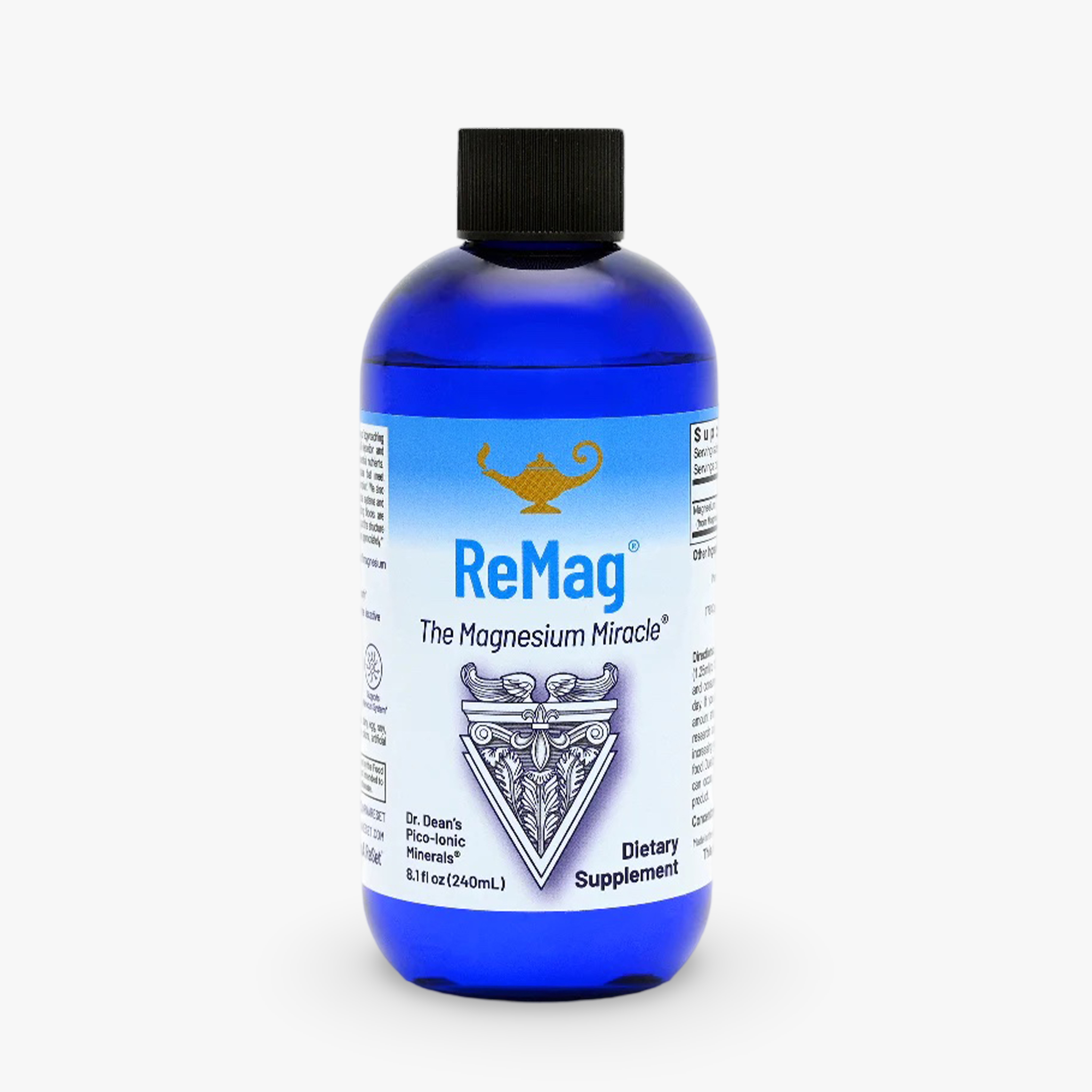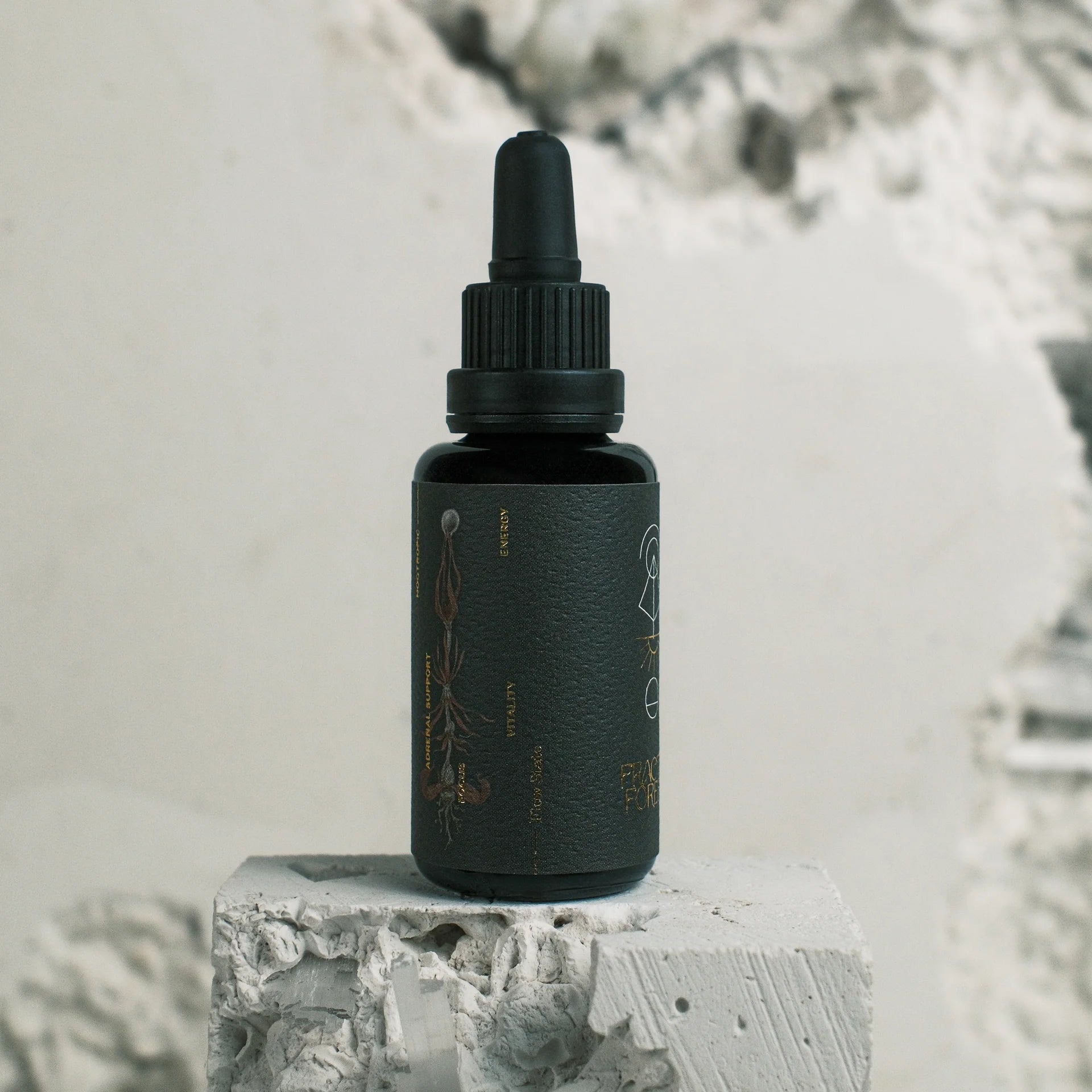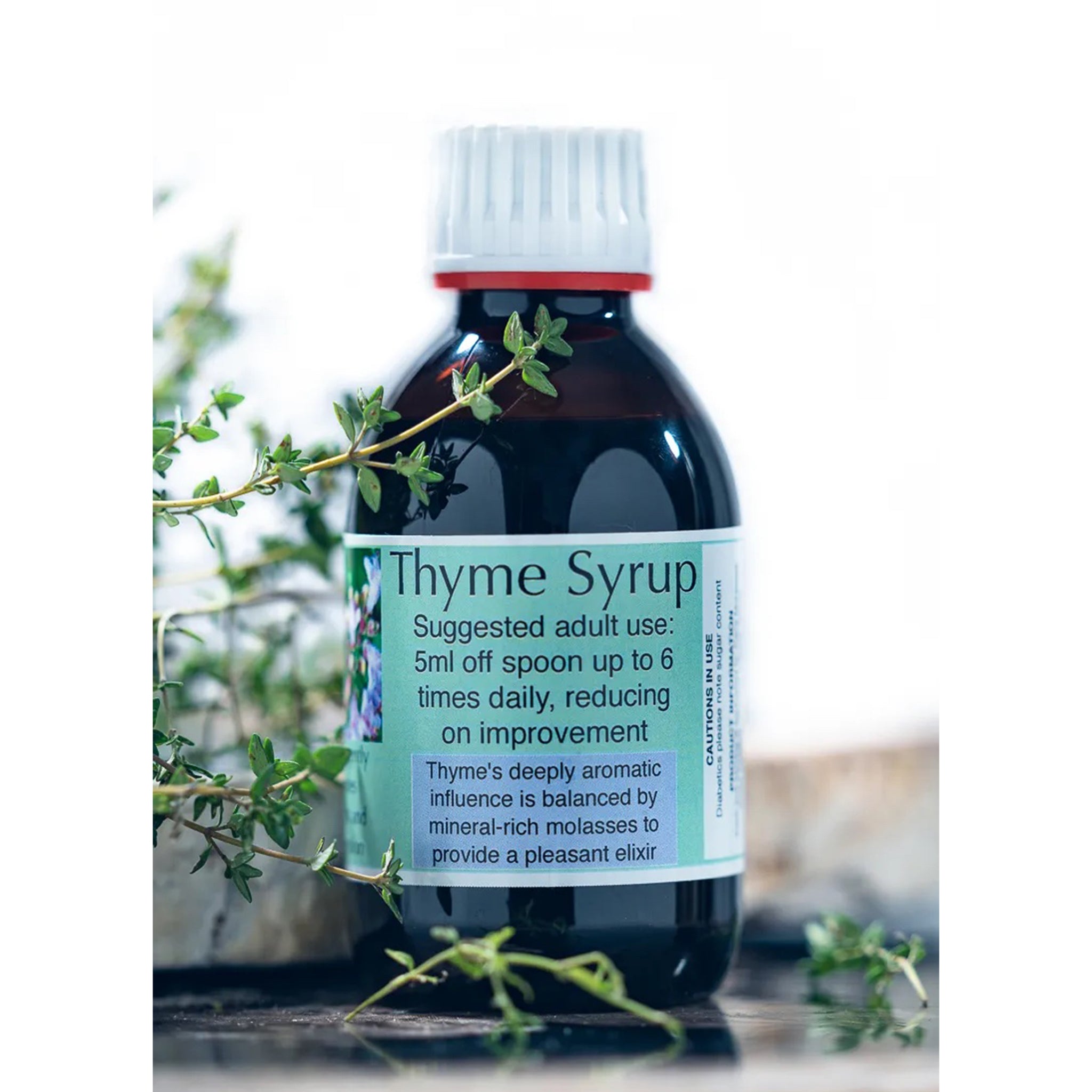Cervical cancer is a disease that is influenced by lifestyle, immune health, hormonal imbalance and nutritional deficiencies. While conventional medicine identifies human papillomavirus (HPV) as the primary cause, natural health approaches emphasise that a weakened immune system allows persistent infections to progress into cancer.
Chronic inflammation, poor gut health, hormonal imbalances, processed foods, and toxin exposure are additional factors that may weaken the body's ability to fight off HPV naturally. Strengthening the immune system through a nutrient-dense diet, reducing toxin exposure, and maintaining hormonal balance may support cervical health and lower cancer risk.
HPV and Cervical Cancer Facts
- There are over 200 strains of HPV and many do not cause problems. The new Gardasil vaccine is reported to protect against 9 strains.
- Most HPV infections clear up on their own without any intervention in a few months and 90% clear within 2 years.
- Cervical cancer accounts for 2% of all new female cancer cases in the UK (2015).
- Up to 93% of cervical cancer cases in the UK are preventable.
- In a small percentage of people HPV can persist for years, and may cause symptoms to appear, especially if immunity is weakened.
- Nearly every sexually active person will get HPV at some point. In most cases the immune system will deal with it.
- High risk HPV strains may cause lesions that can lead to cervical cancer if left untreated.
- Chronic oestrogen exposure is a key factor for the development of this disease.
- Routine cervical smears can reduce the incidence of cervical cancer cases.
- Early sexual intercourse and multiple sexual partners increases your risk of cervical cancer.
- Women who have used oral contraceptives for 5 or more years have a higher risk of cervical cancer than women who have never used oral contraceptives. The longer a woman uses oral contraceptives, the greater the increase in her risk of cervical cancer. One study found a 10% increased risk for less than 5 years of use, a 60% increased risk with 5–9 years of use, and a doubling of the risk with 10 or more years of use. However, the risk of cervical cancer has been found to decline over time after women stop using oral contraceptives. National Cancer Institute
Natural Ways to Support Cervical Health Through Diet and Lifestyle
- Folate (the natural form of folic acid) – many studies have linked lower levels of folic acid to a higher incidence of cervical dysplasia. Folate combined with vitamin B12 can increase protection against cell changes. Buy methylated B vitamins here.
- Selenium – has been shown to improve the cervical health of over 75% of women over a 6 month period.
- Zinc – deficiency in this vital trace element is considered a risk factor for the development of cervical cancer.
- Vitamin A - retinoid deficiency is implicated in cervical squamous metaplasia.
- The birth control pill can deplete your body of several B vitamins, magnesium, vitamin C and Zinc and over time even subtle effects can add up. Ensure you are supporting yourself.
- Sun exposure and Vitamin D – Several studies show a connection between lack of sunlight exposure and cervical cancer risk.
- Antiviral herbs – like Echinacea, Astragalus, Cat’s claw, Elderberry and Goldenseal all support the immune system and inhibit viruses.
- Shiitake mushroom – an American study published in the Cancer Prevention Research journal has found that a compound present in Shiitake mushrooms can suppress the rate of cervical cancer growth.
- Condoms can provide some protection against HPV and other STD’s.
Health Officials Insist the HPV Vaccine is Safe
Time will tell, but with increasing reports of adverse side effects, ranging from mild to life threatening, many women are deciding to refuse the offer.
“Neurologists at the American Neurological Association have indeed concluded that Gardasil is temporally associated with autoimmune attacks on the neurologic system. The range of neurologic disorders is unknown.” Dr Dianne Harper
There are only about 50 HPV experts in the world, and Dr Harper is one of them, a specialist in obstetrics and gynaecology, she helped design and carry out the phase II and phase III safety and effectiveness studies to get the Gardasil vaccine approved. She has stated that the tested length of the efficacy of the vaccine in preventing the HPV virus is not long enough to prevent cervical cancer, which can take decades to develop.
"In the years since Gardasil was released, medical research revealed that Gardasil could induce autoimmune disorders in a certain percentage of patients. Gardasil has also been connected to a host of other health conditions that are closely linked to autoimmune conditions." https://www.lawsuit-information-center.com/gardasil-hpv-vaccine-lawsuit.html
Medical Disclaimer – This content is not intended to diagnose or treat any disease, or as a substitute for medical advice. Please consult with your advising physician before embarking on any new health regime or treatment for a medical condition.






